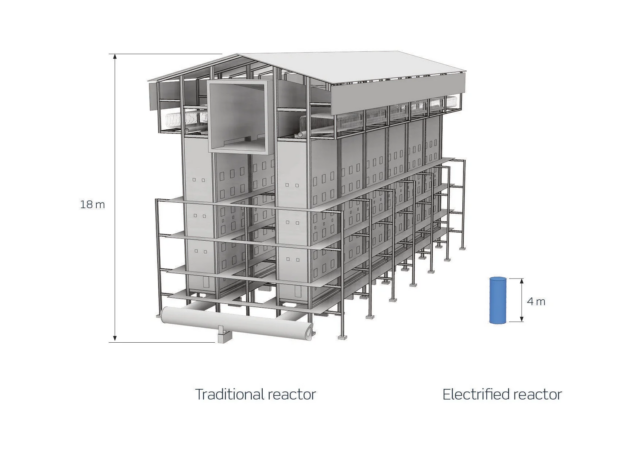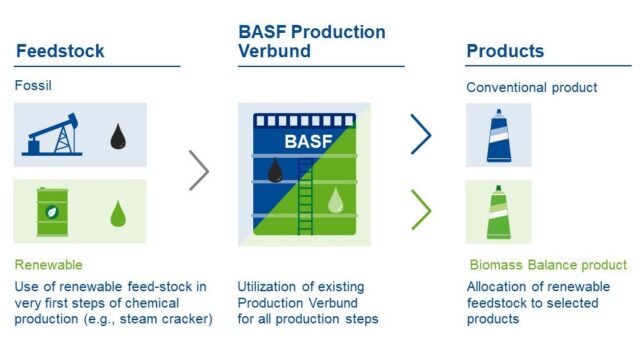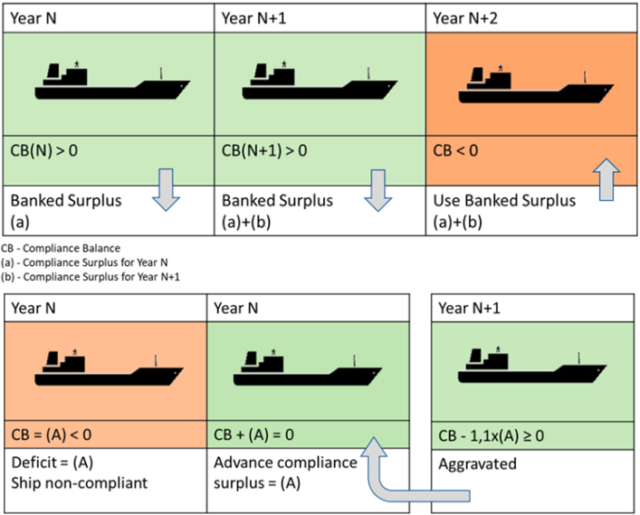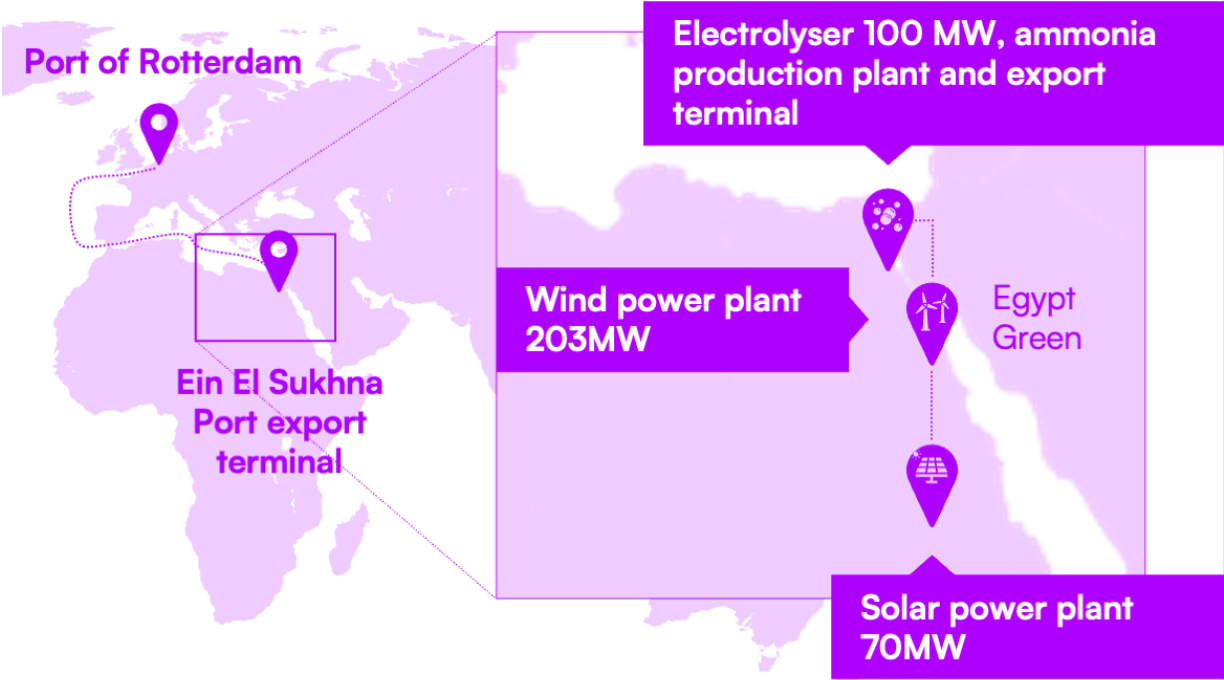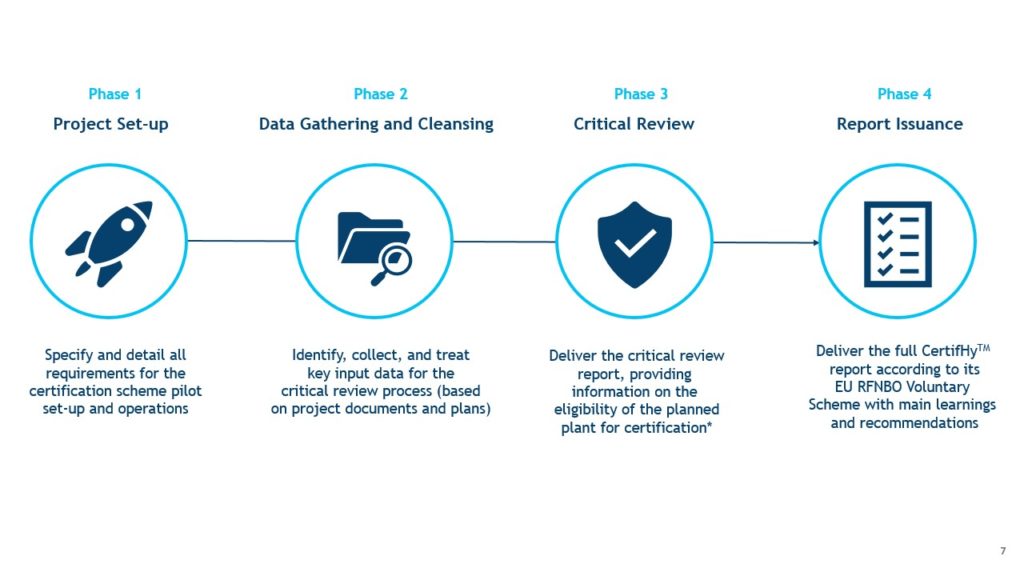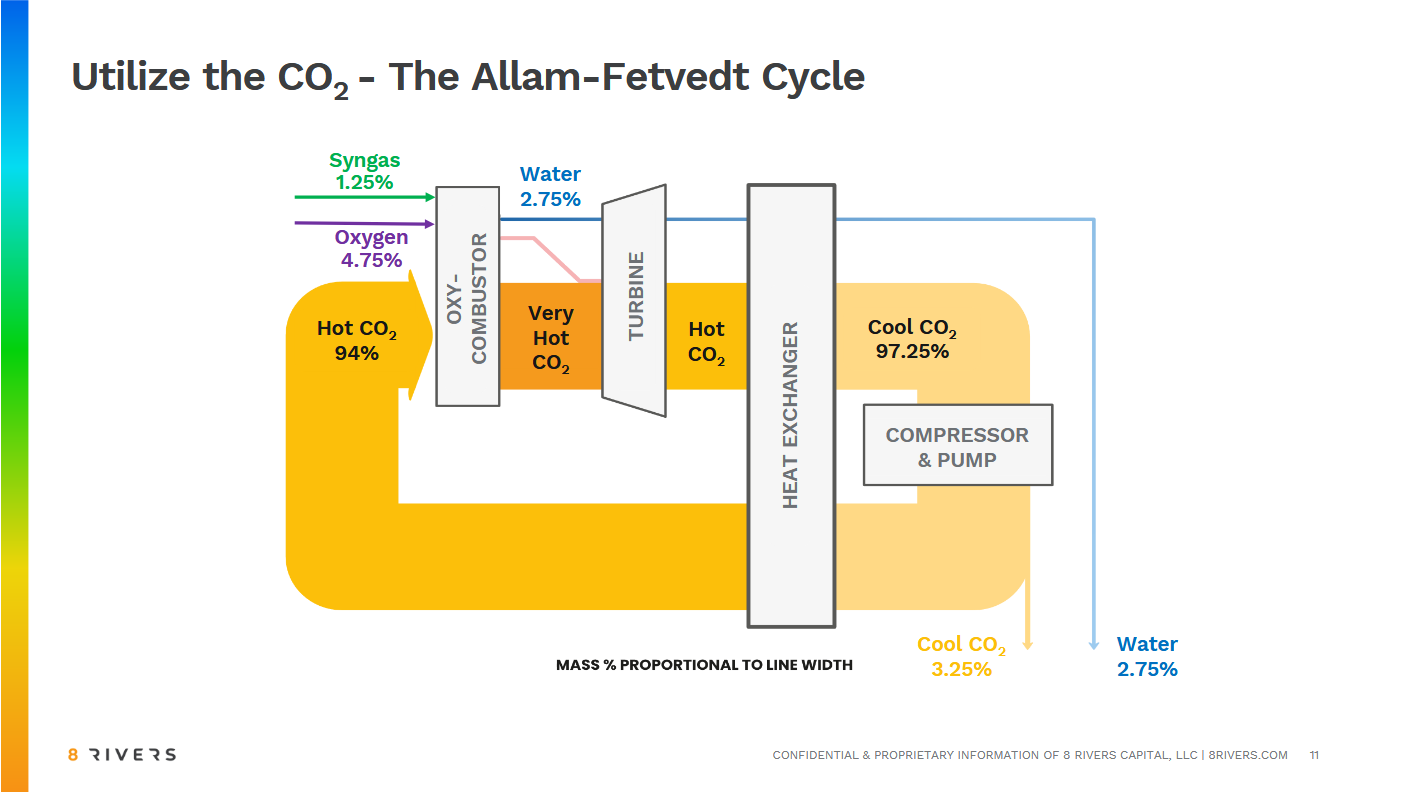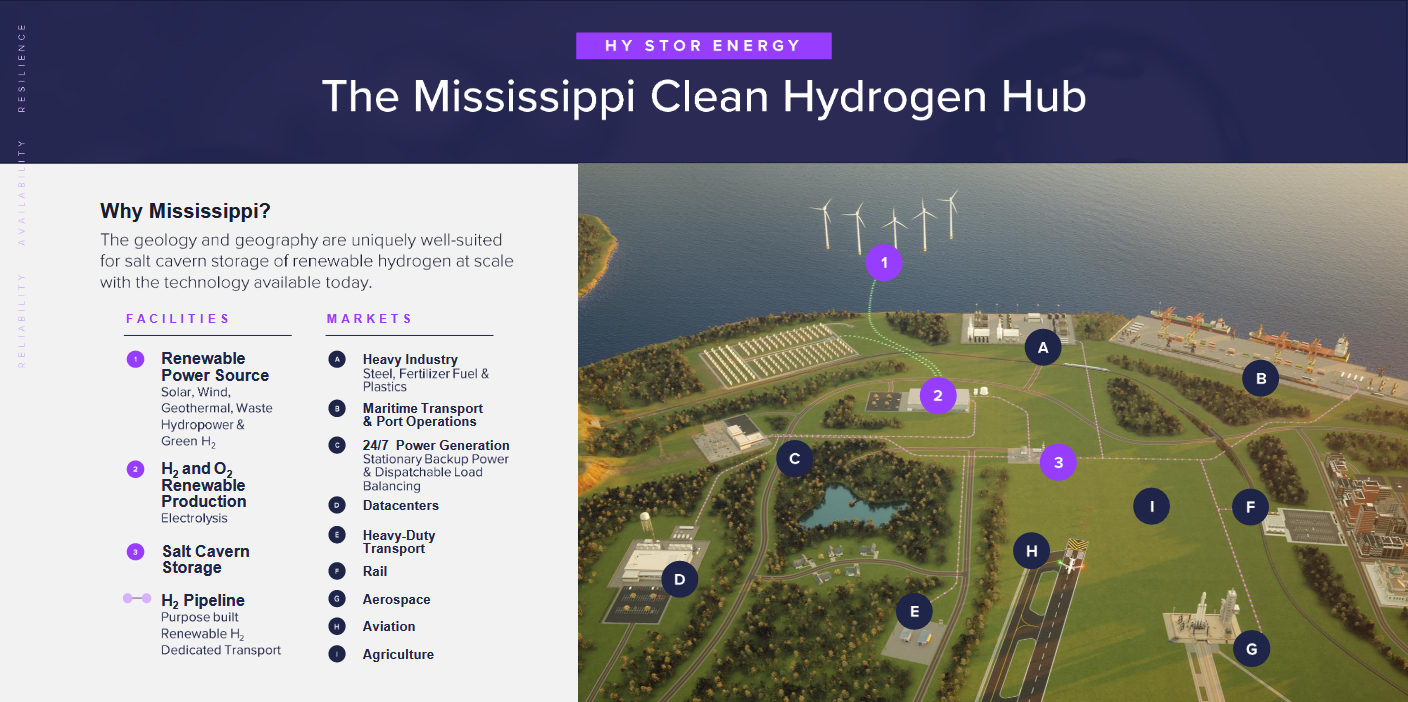Technology options for low-emission ammonia production from gas
In this Technology Insights article, we explore the different technology options for low-emission ammonia production from gas feedstock. What are the different energy, carbon capture, scale and maturity trade-offs that need to be considered? What technology choices are project developers currently making?
